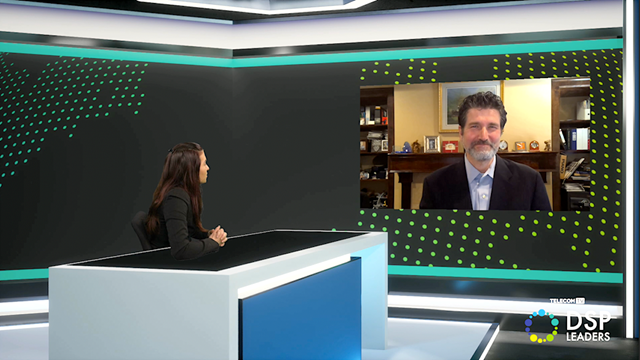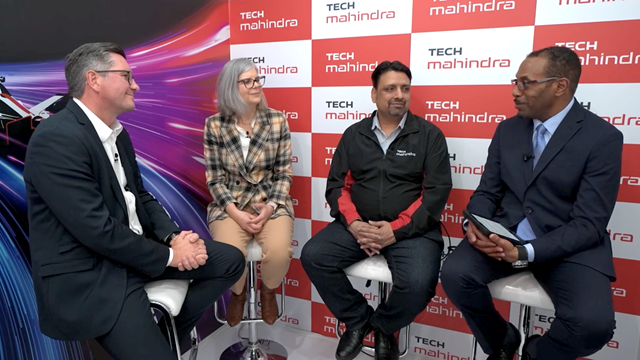In a fascinating exchange with TelecomTV's Editorial Director, Martyn Warwick, Tom Nolle, Chief Analyst and President of CIMI Corp., explains why NFV needs to be driven by telecom industry outsiders and why it might be harder to do than we think.
The problem is that the sheer scope of the transformation required is too complicated for anyone to grasp in abstract. If we want the vision of the network of the future to affect our lives in any meaningful way, says Nolle, we'll have to build the network to demonstrate it.
"You can't go to an operations person or a telephone lineman or to a network operations centre specialist and tell them abstractly what this is going to mean and have them infer what it means to their jobs and their particular functions... you have to show them!"
When Cloud NFV was launched, he says, it was clear from the descriptions provided by the operators that they "wanted to move beyond a network that was controlled by a small number of very large vendors. They wanted to move to something that was more like the open ecosystem of the Internet."
"Pretty clearly if you start something off with that goal and you launch it based on the participation of the people you are seeking to marginalise it's not going to be particularly successful!"
"So we had a rule that said: 'No major vendors were permitted to be part of the original group', and we picked large companies that had no real network association whatsoever. They were IT companies because this is an IT problem - we're trying to do things with computers that we used to do with specialised network devices."
Why so?
"In the past," says Nolle, "when we've tried to look at the network of future - and I've been involved in a large number of them - we've always come up with a new way of doing the same thing that we've done all along.
"So with NFV it was important to avoid building virtual versions of the same thing we already had.. so we needed to get people who weren't threatened by the transformation that NFV demands."
Arguably the main problem with NFV introduction lies not the operators, but the incumbent equipment vendors - although the telecoms operators also have the odd difficulty. There is the problem of the long-term investment cycle and why it's important not to do or invest in anything that might cause you to have to prematurely write off huge investments, for instance.
Says Nolle: "The assets telcos buy to build their networks have a presumed depreciation cycle of about seven years, so if you visualise building a network from a telco perspective, what you're doing is driving a big stick into the ground seven years deep and then tying yourself to it - all that infrastructure is going to stick around for its useful life or you're going to take a prodigious financial hit when you write it off."
But according to Nolle, that perennial problem has been compounded over the past decade by the arrival all over the world of strict financial reporting rules. These, he says, tend to drive real quarter-to-quarter short-termism right across the industry. But the unforeseen consequence of that is a reluctance to invest strategically and take a long-term view. That could also hold things up.
As a result, he says, the focus of technology advancement has been on the consumer. "The consumer doesn't have to respond to quarterly reporting - if they see a new iPhone they like, they throw away the old one and buy the new one."
"Companies used to be able to be valued by their forward thinking, but now if we try to value a company by its forward thinking the securities and exchange commission says it's a bubble and they send us to jail... this doesn't encourage innovation."
The upshot is that there just has to be lots of prototyping: "If we don't do prototypes then we can't prove that it works and we have no way of avoiding the accusation that we're inflating a bubble."
View the interview
Email Newsletters
Sign up to receive TelecomTV's top news and videos, plus exclusive subscriber-only content direct to your inbox.



